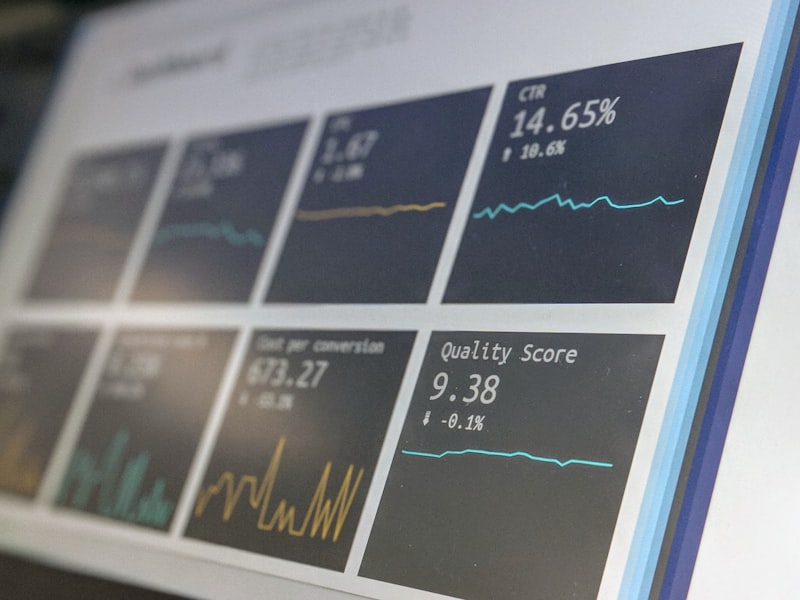Data-Driven Risk Management: The Future is Here
The era of reactive risk management waiting for a crisis to occur before formulating a response is officially over.
Read MoreApril 28, 2025
It’s becoming an all-too-familiar conversation in Nigeria’s towns and villages. As banditry, terrorism, and violent crime tighten their grip, murmurs have grown louder: Should ordinary citizens take up arms to defend themselves? On the surface, it seems a simple, visceral answer to a complex problem. But beneath the surface, the story is far more complicated — and infinitely more dangerous.
Across the dusty plains of Zamfara to the forests of Kaduna, where the hum of danger is never too far away, one can almost understand the impulse. “We cannot continue to die like chickens,” an elderly villager lamented, his voice brittle with anger and fear. In his words echoed the despair of millions who have watched as life — once vibrant and hopeful — now feels like a high-stakes gamble.
But is arming the populace truly the solution, or a sign of a deeper failure?
In nations where citizens carry arms for protection, the results have been mixed at best. Vigilantism often births its own form of chaos — lawlessness dressed up in community colours. Already, there are whispers from small towns in the northwest where rival vigilante groups, each “defending” their own, have clashed in bloody misunderstandings. It begs the question: when everyone becomes their own law, what becomes of justice?
As one retired security official who preferred anonymity put it, “When the line between protector and aggressor blurs, the soul of a society is the first casualty.”
Nigeria, a nation of proud people and even prouder traditions, knows better than most the cost of ungoverned violence. The memories of past conflicts — from the Biafra war to the militancy in the Niger Delta — are not so distant. The scars still crisscross our political and social landscape. Must we risk reopening them under the guise of "self-defense"?
Innuendo aside, one truth remains stubbornly clear: security is not a communal side hustle. It is, and must always be, the sacred duty of the government.
Yet, confidence in the government’s ability to discharge this duty has understandably frayed. From slow responses to attacks, to the underfunding of security forces, to the labyrinthine bureaucracies that choke quick action — the failings are hard to ignore.
Still, the answer lies not in shifting the burden to citizens, but in demanding better from those who swore oaths to protect.
The government must, first and foremost, professionalize and strengthen community policing structures — not as political tools, but as true first responders embedded in local realities. Investment in intelligence gathering, not just in arms, is critical. As the saying goes, “You cannot catch the fox if you do not first study its habits.” The invisible war — fought with data, informants, and rapid coordination — must be as vigorous as the visible one fought with bullets.
Moreover, rebuilding public trust is non-negotiable. A security force that treats the citizen as an ally, not a suspect, is far more effective. Training programs emphasizing human rights, rapid deployment, and conflict de-escalation would go a long way toward making people feel seen, heard, and — above all — protected.
Economic investment in vulnerable communities is another frontline. A child who has a future to dream of is less likely to pick up a gun, and a community that feels included in the nation's story is less likely to harbour those who seek to tear it apart.
Ultimately, the idea of every farmer, trader, and student clutching a rifle as a matter of daily life paints a grim picture of a nation surrendering its claim to civilization. A people who must defend themselves because the state cannot is, by definition, a failed state — and Nigerians, for all their suffering, have not failed. They deserve better.
As dusk falls over Nigeria’s cities and villages, and as prayers rise in mosques and churches, one prayer echoes louder than all: Let those who wear the badge of authority wear also the burden of responsibility.
For in the end, it is not more guns in more hands that will save Nigeria — it is a government that chooses to wield its power with courage, wisdom, and justice.

Security Consulting
The era of reactive risk management waiting for a crisis to occur before formulating a response is officially over.
Read More
Security Consulting
For businesses in Nigeria and across the globe, understanding and mitigating physical risks has never been more critical.
Read More
Background Screening
The new Data Protection Act replaces the Nigeria Data Protection Regulation (NDPR) of 2019 and provides an updated legal framework for the protection of personal data in Nigeria.
Read More